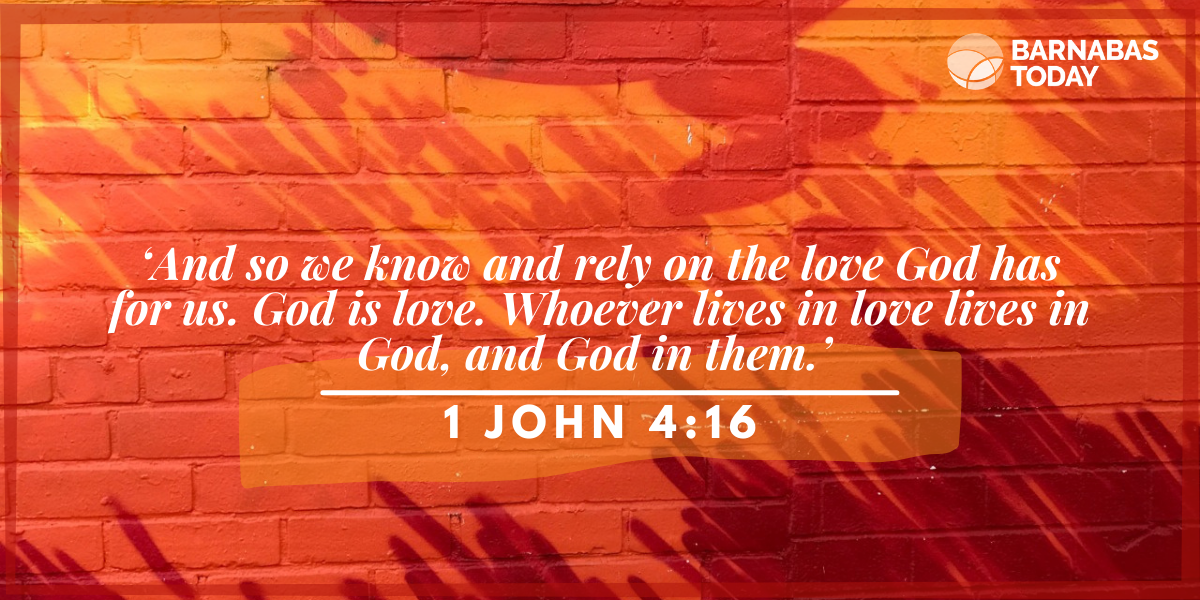
‘And so we know and rely on the love God has for us. God is love. Whoever lives in love lives in God, and God in them.’ (v16) 1 John 4:13–21
We recognise that a fundamental human need is our desire to be loved. Yet, today there are more stories of failed love and fractured families than at any time in history. Despite this evidence, individuals still risk everything in their search for love.
Love has been described as, ‘a set of emotions and behaviours characterized by intimacy, passion, and commitment’. In searching for an example of love, we could not find a better expression than that of Jesus. Jesus was moved to tears at the grave of His friend Lazarus (John 11:33–35). He was emotionally invested in His mission and with the people, He came to serve.
Jesus’ behaviour was characterised by grace (John 1:14). He was passionate and deeply committed to His mission of salvation (Mark 1:14-15). He demonstrated the qualities that prove the reality of a love that lasts and offers resilience in the face of life’s demands.
In response, we are invited to consider our behaviours and the thought patterns driving them. Has our relationship with God moved beyond an intellectual understanding to an intimate love relationship with our Lord (John 12:3)? Such intimacy produces a passion for God and His work. We are able to direct our energies to serving God, living by God’s Word and letting go of our preferences that often conflict with God’s purpose.

RELATED SCRIPTURE TO CONSIDER: Psa. 136; Hos. 14; 1 Cor. 13; 1 John 2:1–11.
AN ACTION TO TAKE: Love is tough to find, perhaps tougher to sustain. What does love look like in your life and experience?
A PRAYER TO MAKE: ‘Lord, may I learn to practise a love that is patient, kind, contented and humble. Amen.’ (1 Cor. 13:4)
Photo by Family First on StockSnap









